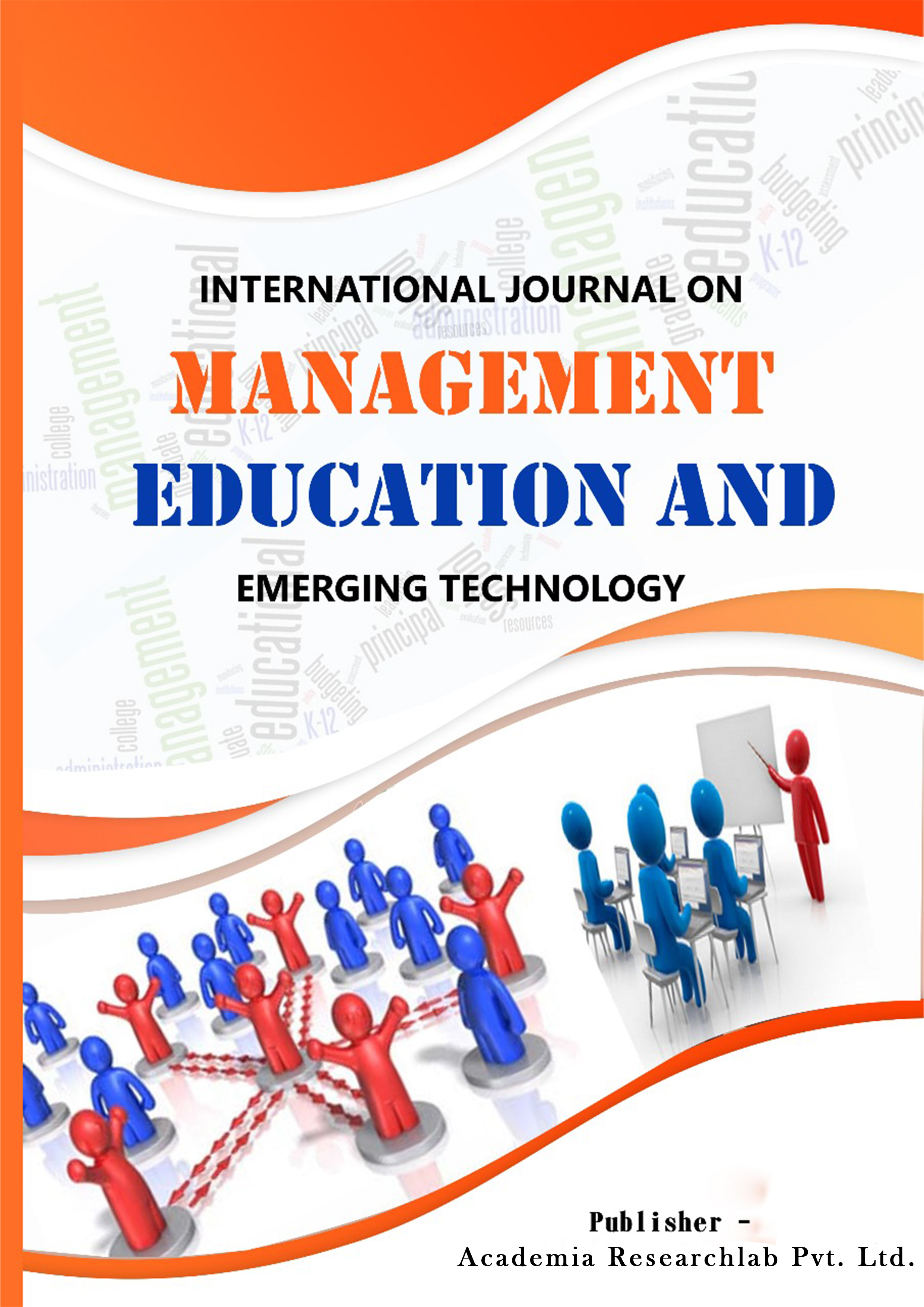Decoding Abilities that Affect the Reading Comprehension of Grade 2 Pupils in Selected Elementary Schools in Cabiao, Nueva Ecija
Keywords:
Polytechnic University of the Philippines–Cabiao Campus, Bachelor in Elementary Education, Decoding Abilities, Reading Comprehension, Phonics, Reading FluencyAbstract
The purpose of this study was to examine how decoding skills influence the reading comprehension of Grade 2 pupils in selected elementary schools in Cabiao, Nueva Ecija. The focus was on phonics and reading fluency, as these are closely associated with how children develop the ability to read and make sense of texts. The research used a descriptive–quantitative design. To gather data, the researcher made use of validated surveys and reading tests to check the pupils’ level in decoding and in comprehension. Results showed that pupils reached a “Good” level in fluency but only a “Developing” level in phonics. However, the analysis revealed that phonics and fluency did not have a significant effect on pupils’ reading comprehension. This suggests that understanding a text may also depend on other skills apart from these two. Results show that pupils could improve through more organized lessons in fluency and phonics. Consistent activities like letter–sound practice, blending drills, and oral reading can support faster word recognition and allow them to focus more on comprehension. This study emphasizes the vital role of balanced and structured decoding instruction in the early grades as a foundation for strong reading development. Future research is recommended to extend to additional grade levels, include a larger number of participants, and incorporate qualitative approaches. Greater focus on decoding skills such as prosody, automaticity, and self-correction may also provide deeper insights into strengthening reading comprehension.
References
[1] Castles, A., Rastle, K., & Nation, K. (2018). Ending the reading wars: Reading acquisition from novice to expert. Psychological Science in the Public Interest, 19(1), 5–51. https://doi.org/10.1177/1529100618772271
[2] Catts, H. W., Nielsen, D. C., Bridges, M. S., & Liu, Y. S. (2019). Early screening for decoding- and language-related reading difficulties in kindergarten. Journal of Learning Disabilities, 52(3), 217–228. https://doi.org/10.1177/0022219418775118
[3] Chall, J. S. (1996). Stages of reading development (2nd ed.). Harcourt Brace.
Educational Testing Service (ETS). (2021). The critical role decoding plays in reading comprehension. https://www.ets.org/news/stories/the-critical-role-decoding-plays-in-reading-comprehension.html
[4] Ehri, L. C. (2005). Learning to read words: Theory, findings, and issues. Scientific Studies of Reading, 9(2), 167–188. https://doi.org/10.1207/s1532799xssr0902_4
[5] Gough, P. B., & Tunmer, W. E. (1986). Decoding, reading, and reading disability. Remedial and Special Education, 7(1), 6–10. https://doi.org/10.1177/074193258600700104
[6] Gunnerud, H. L., Foldnes, N., & Melby-Lervåg, M. (2022). Levels of skills and predictive patterns of reading comprehension in bilingual children with an early age of acquisition. Reading and Writing, 35(9), 2365–2387. https://doi.org/10.1007/s11145-022-10286-2
[7] Hernandez, A. (2019). Reading comprehension level and vocabulary skills of Grade II pupils and their performance in English. St. Paul University Philippines Research Journal, 4(1), 1–15. https://ojs.aaresearchindex.com/index.php/spupgsrj/article/view/404
[8] Hoover, W. A., & Gough, P. B. (1990). The simple view of reading. Reading and Writing, 2(2), 127–160. https://doi.org/10.1007/BF00401799
[9] International Journal of Advanced Multidisciplinary Studies. (2021). Volume 1(4), 96–103. https://www.ijams-bbp.net/wp-content/uploads/2021/12/IJAMS-December-25-researches-96-103.pdf
Additional Files
Published
How to Cite
Issue
Section
License
Copyright (c) 2025 International Journal on Management Education and Emerging Technology(IJMEET)

This work is licensed under a Creative Commons Attribution-NonCommercial-NoDerivatives 4.0 International License.





